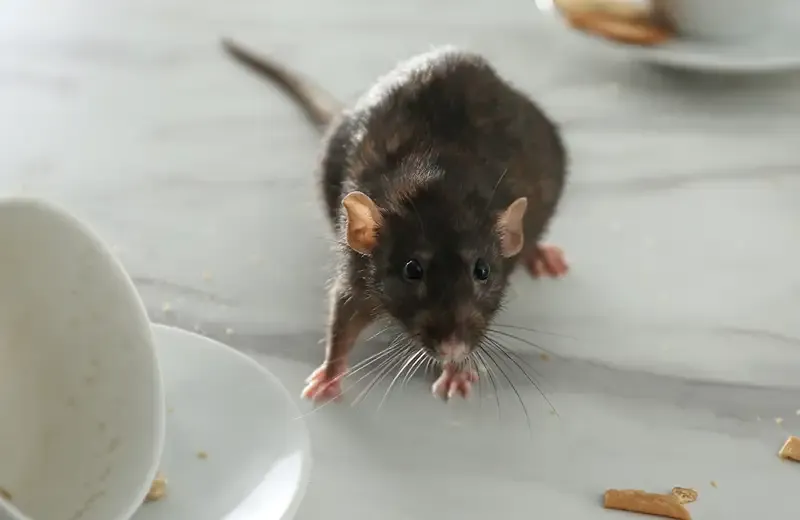Have you ever wondered why the importance of pest prevention in the home is a topic of frequent conversation among homeowners? It's not just a matter of keeping your living space clean and tidy; it revolves around ensuring the safety, health, and comfort of those residing in the house. Pests can become a significant nuisance, leading to health risks, property damage, and an overall decline in your living quality.
The significance of implementing an effective pest prevention strategy cannot be overstated. These devious creatures often sneak into homes, unnoticed, bringing along unwanted illnesses, allergens, and discomfort. Establishing a robust defense against pests is not only crucial for safeguarding your home but also vital for maintaining the health and wellbeing of all its inhabitants.

Why Is Pest Prevention Crucial?
Understanding the importance of pest prevention provides the first step toward forming a proactive approach in maintaining a pest-free home. The nuisances caused by pests go beyond just being an eyesore. These invaders not only proliferate diseases but can also trigger severe allergic reactions. Implementing effective measures is essential for protecting large investments, such as your home.
Preservation of Property
Pests such as termites can significantly diminish the structural integrity of your home, potentially causing thousands of dollars in damages that generally aren't covered by insurance. Preventive measures will safeguard your property from such costly destruction. Learn more about protecting your home from these destructive insects by clicking here.
Health Considerations
Pests often act as carriers of dangerous pathogens capable of causing diseases, ranging from mild to severe. From spreading bacteria to biting and causing allergic reactions, pests can adversely impact your health. By focusing on pest prevention, you are actively reducing health risks in your home.
How to Implement Pest Prevention Strategies
Implementing successful pest prevention strategies involves vigilance and routine maintenance. Here are some actionable steps to create a protective barrier against unwanted invaders:
Proper Home Maintenance
Start by performing routine inspections and maintenance tasks, such as sealing cracks, fixing leaks, and repairing damages that may provide entry points for pests. Maintaining a clean home environment is also imperative. Dispose of garbage regularly, and keep areas like the kitchen and dining in pristine condition to prevent attracting pests. Consult the expert tips to understand more about what draws pests to your home.
Nontoxic Remedies and Professional Assistance
For a more environmentally friendly approach, consider using nontoxic pest control methods. If the situation escalates, it might be time to contact professional pest control services to ensure your home is effectively treated and remains free from infestations. For safe pest control recommendations in homes with children, you can explore more detailed guidelines here.
Natural Deterrents
Incorporating natural deterrents like essential oils, vinegar, and herbs in your cleaning regimen can provide a first line of defense against pests. These not only help decrease the reliance on harsh chemicals but also create pleasing aromas throughout your home.
The Long-term Benefits of Pest Prevention
Pest prevention requires persistence and attention, but the rewards far outweigh the effort invested. Not only does it help in maintaining a clean and healthy home environment, but it also upholds property value and improves overall wellbeing.
Understanding that the importance of pest prevention in the home extends to a broader perspective such as reducing stress and enhancing livability leads homeowners to approach this task with the seriousness it deserves. Check out more DIY pest control techniques to further assist your efforts.

FAQs
What are the most common pests found in the home?
Common household pests include rodents, ants, termites, cockroaches, and flies. Each of these pests can present various problems, from health risks to property damage.
How often should pest control be conducted?
The frequency of pest control can depend on several factors such as the type of pest and level of infestation. Generally, it is recommended to perform routine prevention measures annually and consider professional services at least twice a year.
Are DIY pest control methods effective?
DIY methods can be effective as preventive measures and in situations where the pest issue is not severe. However, in cases of infestations, professional pest control services are more reliable and efficient.
This article contains affiliate links. We may earn a commission at no extra cost to you.
